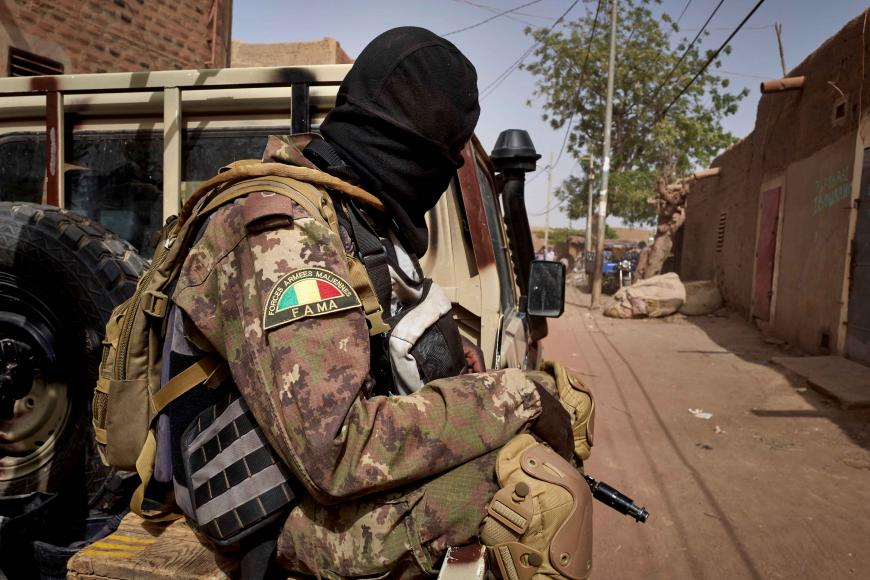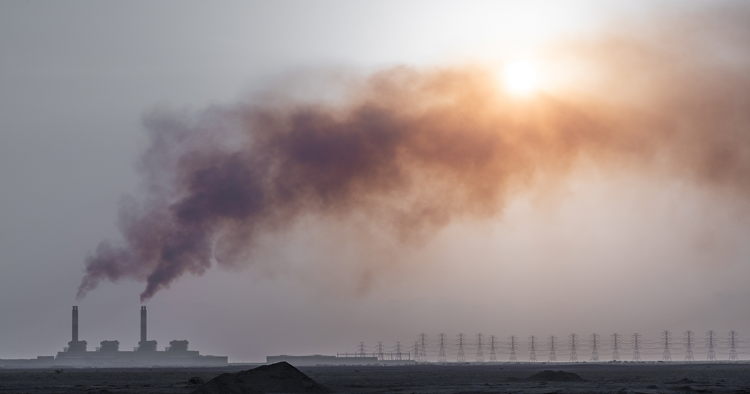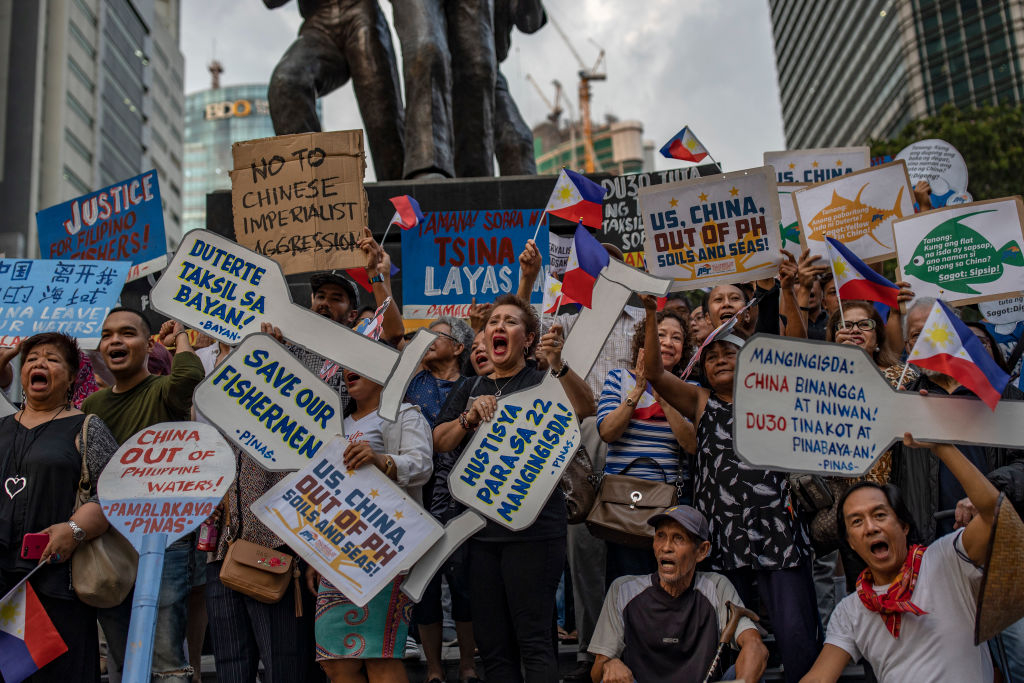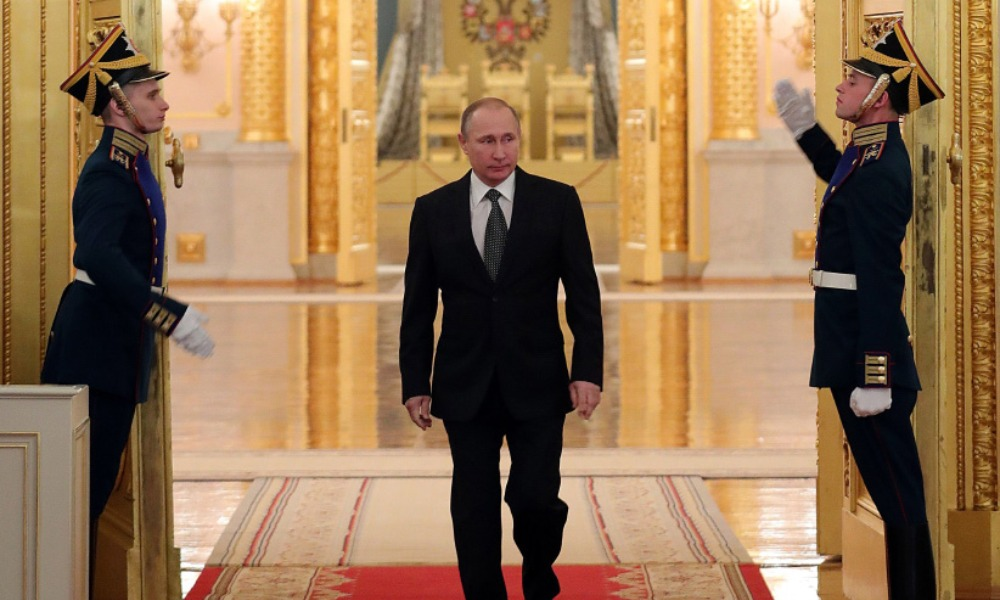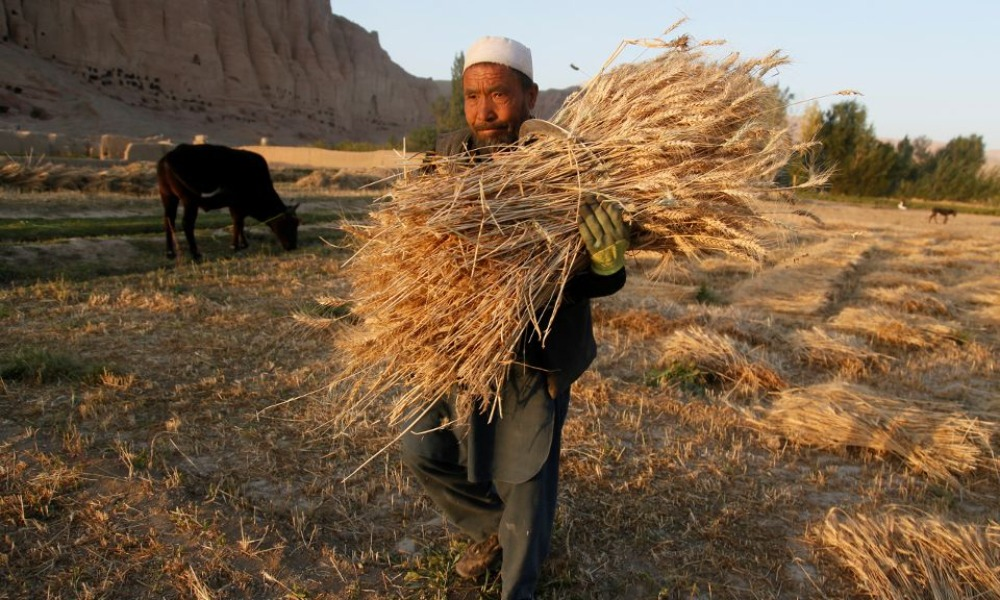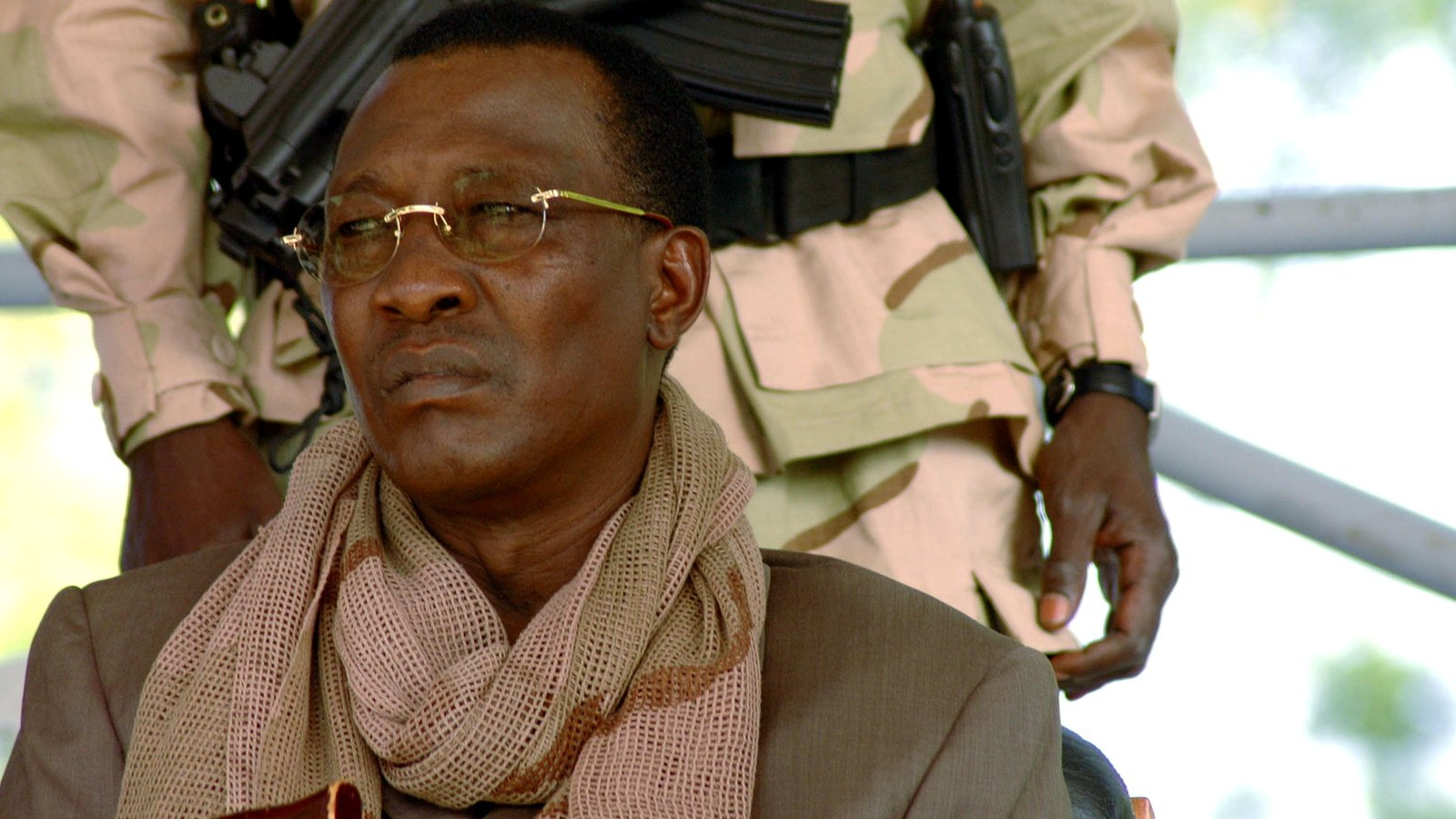
Chad strongman Idriss Deby’s death on April 20, allegedly in combat with rebel forces that had crossed over from Libya, is bad news for the immediate struggle against jihadi radicalism in Nigeria, Niger, and Cameroon. The news is also unwelcome for France and the United States.
Deby had been a staunch ally against jihadi radicalism in the Sahel, and especially against Boko Haram and its factions. His army, the beneficiary of substantial French investment, is commonly regarded as the best in the region. Chad hosts the headquarters of the French Operation Barkhane, numbering just under 5,000 fighters. Deby cooperated with the U.S. military, allowing it to maintain a drone base to aid in the fight against jihadism. The French government has stated that “France lost a brave friend” and that France supports Chad’s “stability and territorial integrity.”
Deby is an example of the dilemma faced when the United States, France, and other Western powers tie themselves to autocratic strongmen—for that is what Deby was. He ruled Chad for a generation, faced numerous attempted coups, and manipulated the constitution and the electoral process to, in effect, make himself president for life. He also accumulated an estimated personal fortune of $50 million in one of the poorest countries in the world. Domestic opposition had been growing.
His immediate placeholder, the “National Council of Transition,” appears to be beholden to the military. It has made Deby’s son the interim president, itself a coup: under the constitution that role falls to the speaker of parliament. For now, it looks like the essence of the Deby regime will continue.
But what about the rebel columns advancing on N’Djamena? The ambitions and grievances that drive them presumably do not go away with Deby’s death; France and to a lesser extent Nigeria will likely be decisive as to what happens next on that front. As for the Chadian people, initial reports are of fear of the unknown, especially the possibility of civil war.
